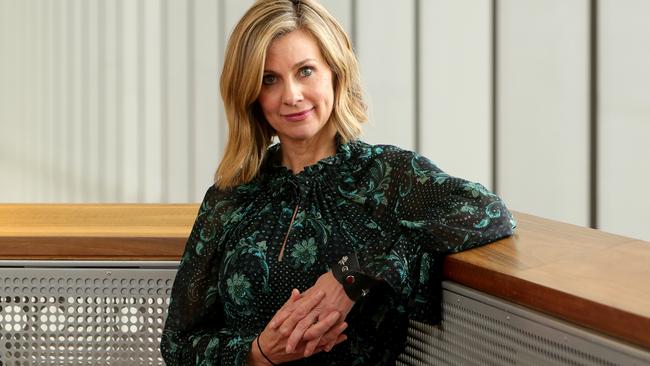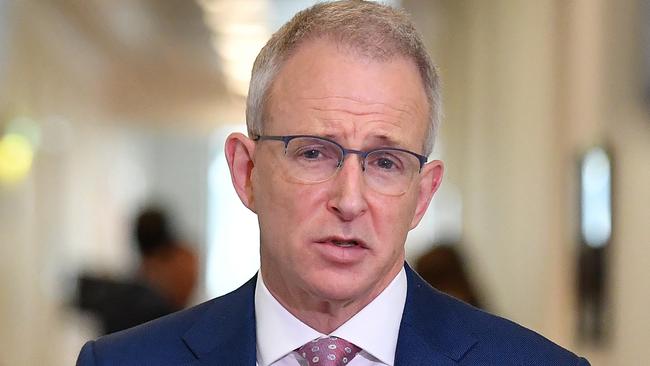How eSafety Commissioner Julie Inman Grant will block or delete worst content
The eSafety Commissioner has for the first time revealed details of how she intends to use new laws to delete or block the most vile web content.
NSW
Don't miss out on the headlines from NSW. Followed categories will be added to My News.
New Australian laws will force search engines such as Google to cut off access to the “worst of the worst” websites, wherever they are in the world.
The Daily Telegraph can also reveal the Online Safety Act will contain powers to have illegal or harmful apps pulled from the Apple and Android app stores.
Under the new laws – which kick in from January 23 – any tech titan which fails to comply with a deletion notice could be fined $555,000 per breach.
And if that doesn’t prompt action, eSafety Commissioner Julie Inman Grant will be able to name and shame them, freed from confidentiality restrictions.

Ms Inman Grant said in her experience dealing with the sector, threats to revenue and reputation had clout.
As a last resort, a Federal Court order could be sought to compel a digital behemoth to stop providing access.
The primary goals of the new regimen will be to remove or block material that advocates terror or shows child sexual abuse.
“There aren’t powers like these anywhere else in the world,” Ms Inman Grant told The Daily Telegraph.
“We will use them judiciously. But we feel emboldened to tackle the worst of the worst content.”
Federal Communications Minister Paul Fletcher said the act had been written “very specifically” to “have extraterritorial application” beyond Australia.

Mr Fletcher said the powers aimed at “key gateway” search engines and app stores would also help to ensure Australians were safe from despicable content, regardless of where it was created or hosted.
The eSafety Commissioner’s office received 21,000 public complaints last year, up 90 per cent on 2019.
There has been a further five per cent increase in 2021.
Most complaints are about child exploitation.
Typically, before a search engine is asked or told to “de-link” a website, the commissioner will first try to get the site operator to remove it, setting a 24-hour deadline.
Demands could also be made of the web hosting service. Site operators and web hosts can be hit with the same fines as search engines and app store owners.
In the past, there have been instances where Google and Bing’s owner Microsoft have refused to de-link.
Ms Inman Grant said requests to block access to a site that gave suicide advice were rebuffed.
Under the existing regimen, about seven per cent of attempts to cut off “abhorrent violent material” have been unsuccessful.
“With these new powers, we will now be able to take real action to disrupt the trade in this distressing material and if online service providers fail to comply with our removal notices, they will face very real and significant consequences,” Ms Inman Grant said.
She will also be able to target manifestos such as that posted by the perpetrator of the Christchurch mosque attacks.





